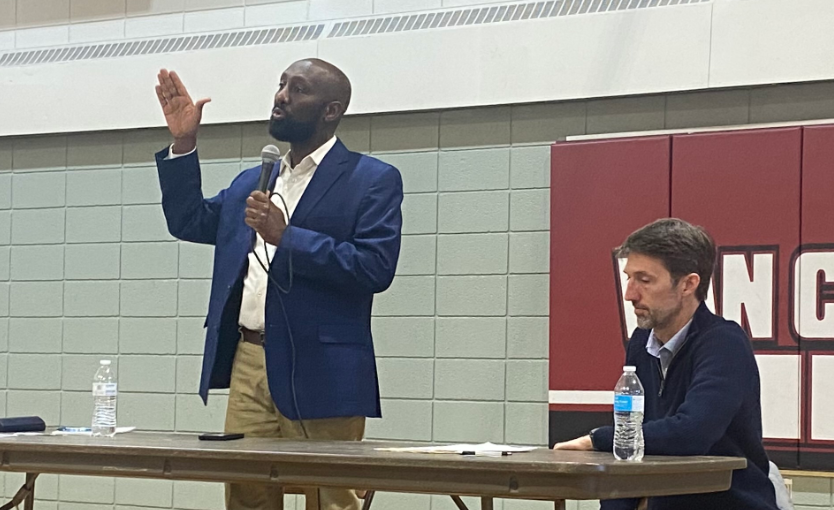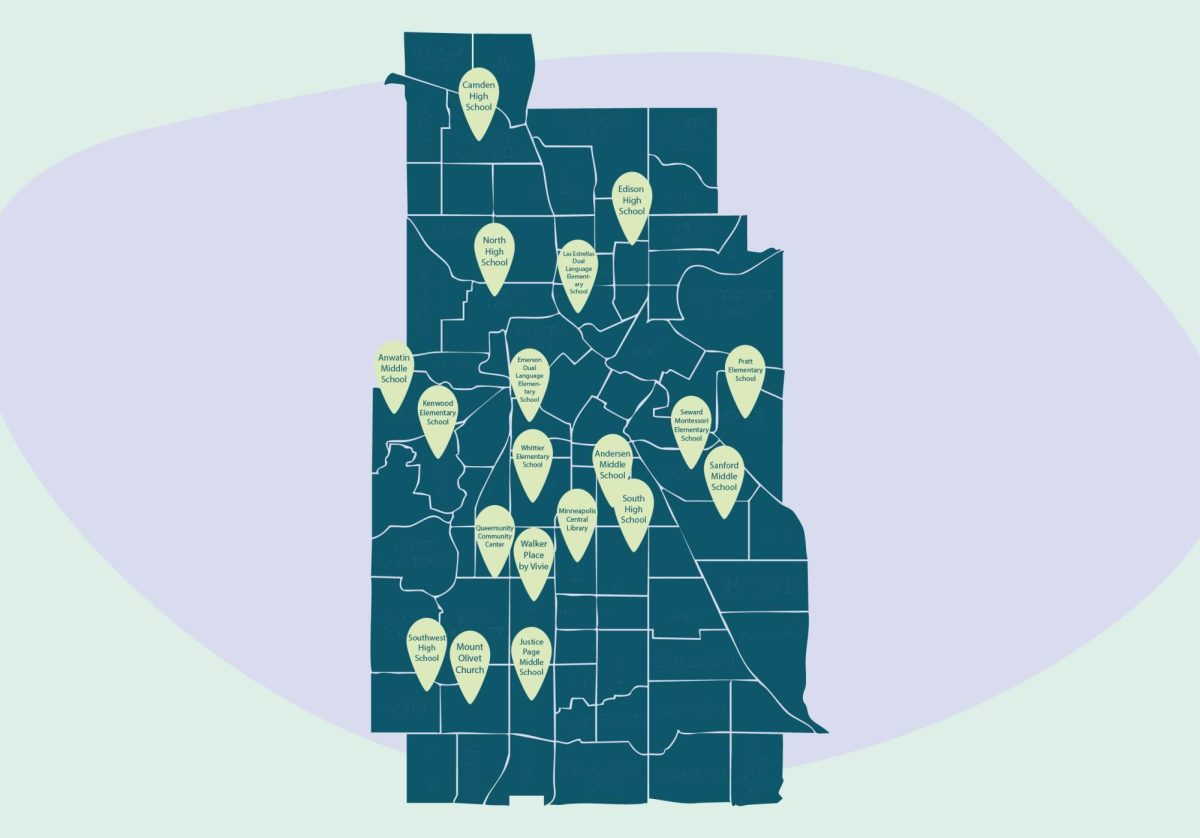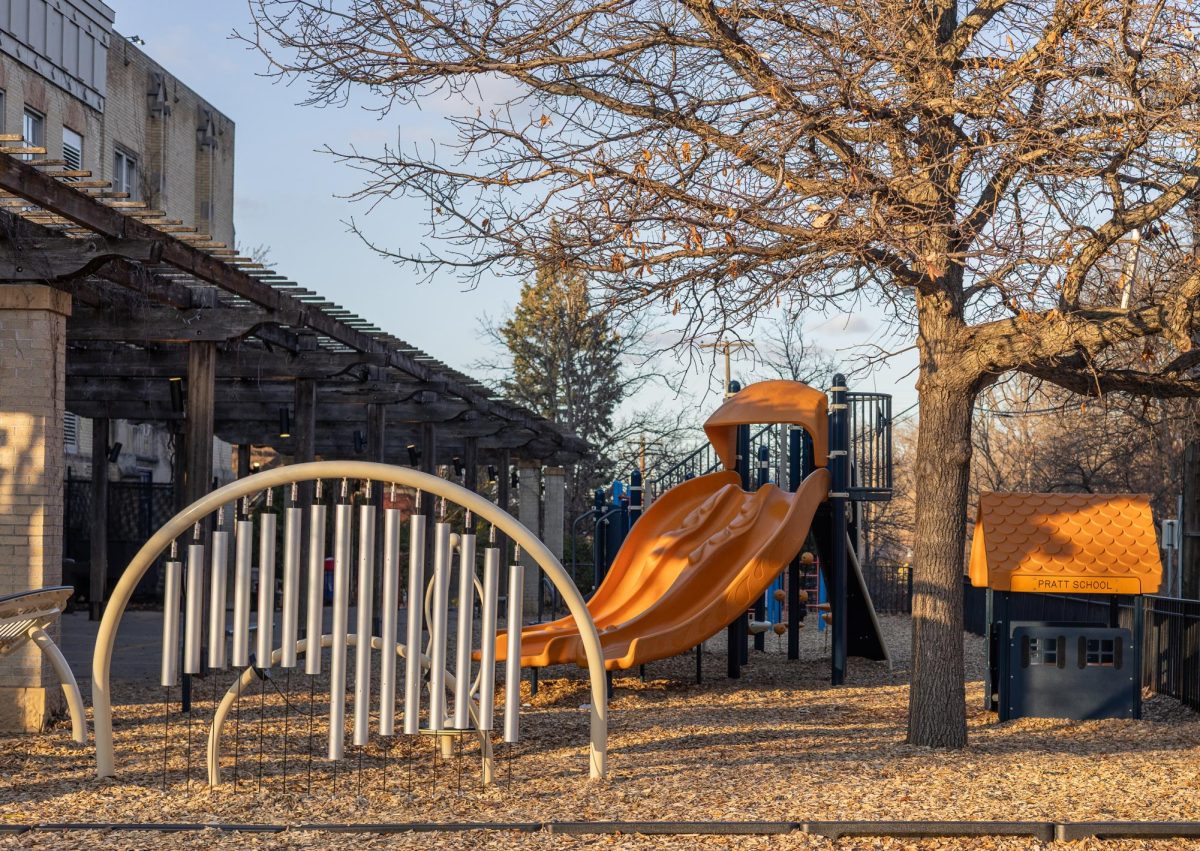Third-year University of Minnesota international student Helene Zheng had a phone interview that seemed to be going well until the recruiter asked whether she was a U.S. citizen or a green card holder.
After Zheng’s reply, the recruiter informed her that she could no longer be considered for the job.
“[Employers] feel like it’s too complicated, so they don’t hire you,” Zheng said.
The Minnesota International Student Association dedicated the month of March to providing workshops that address the needs of international students, like Zheng. An event to help international students acclimate to the U.S. was held on March 8, focusing on issues like language barriers, weather and how to interact with professors. The group will host two additional events this month to support international students.
March is a critical month for international students because it is typically the period when students are looking for career opportunities and applying for Curricular Practical Training or Optional Practical Training, programs that permit international students to work in the U.S., said MISA board member Sophronia Cheung.
Many international students say the University’s job and internship fairs only provide a limited number of companies that offer opportunities for international students. Because of the limited jobs available for international students, Zheng opts out of attending the job fairs.
Later this month, MISA will host a career development panel that will tackle accessibility barriers that many international students face when seeking jobs and internships. The professionals on the panel will answer job-related questions and help international students navigate the U.S. job market, said MISA event coordinator May Xiong.
“Several companies do not sponsor international students,” Xiong said. It’s important to provide resources and information about the companies that do, she added.
In addition to aiding international students seeking jobs, MISA is helping these students adjust to cultural differences, like U.S. gun ownership culture.
Ashley Chu, the MISA event coordinator who hosted the March 8 workshop, said that her Korean professor told her class that one of the first questions she asked her American husband was whether he owned a gun.
“Gun violence is something we don’t think about a lot here, but [international students] obviously think a lot about it when they want to come to America. That’s one of their biggest concerns,” Chu said.
Third-year student JiWoo Kim said when she first arrived at the airport in Minnesota there was a report about a shooting on a TV. Kim said she thought to herself, “Oh, I’m in the U.S. now.”
MISA will continue to hold events for international students once March is over, like the World Language Fair and International Music Night.
“One of our goals at MISA is to strengthen the bond between domestic and international students, and so to do that, we hold a lot of events,” Chu said.







